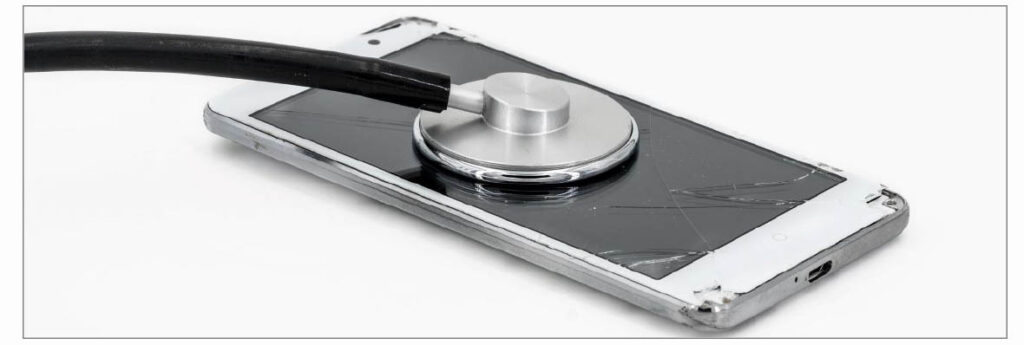Prudent security measures to combat crime and intercept prohibited material like obscenity and child pornography, or invasive vigilance by Big Brother that violates personal privacy and freedom? The perspective on the government’s ability to check travellers’ digital devices at the border is a complicated one.
To that end, the federal government has proposed a Bill that will regulate when border agents can search a traveller’s personal devices, including cell phones and laptops. The Bill is designed to offer clarity on measures the government says are “critical to protecting Canada’s borders…” and at the same time respect privacy rights on examinations of personal digital devices granted by the Canadian Charter of Rights and Freedoms.
“Protecting the safety and security of Canadians – including their right to privacy – is our government’s top priority,” said Public Safety minister Marco E.L. Mendicino. “The proposed updates to the legislation will institute clear and stringent standards that must be met before a traveller’s device can be searched, while ensuring that the Canadian Border Services Agency (CBSA) can continue to fight serious crimes like child pornography and keep our borders secure.”
The government says such examinations of personal devices, which include flagging undeclared and undervalued goods, are “extremely rare” – affecting a mere 0.009% of all travellers (13 per 100,000) – entering Canada in 2021; and also highly effective, uncovering a contravention in 27% of all cases.
The Bill proposes changes to the Customs Act and the Preclearance Act, 2016 that create standards that must be met before a traveller’s device can be examined by either CBSA officers and United States Customs and Border Patrol preclearance officers operating in Canada.
The Bill proposes legislative changes that include:
• Establishing a new threshold that must be met before the initiation of a personal digital device examination, which requires reasonable general concern
• Creating an authority to examine documents on personal digital devices in the Customs Act and the Preclearance Act, 2016. This is required to differentiate these devices from other goods, including commercially imported/exported digital devices; and
• Requiring specific purpose that formally limits examinations to regulatory border-related examinations
The government says it recognizes that personal digital devices can contain sensitive personal information and states: “We will ensure that the privacy of Canadians and those wishing to come here is always protected. Conducted sparingly and selectively, these examinations are highly effective for the CBSA to protect the health, safety, and security of Canadians… The Government is committed to advancing this legislation expeditiously.”

